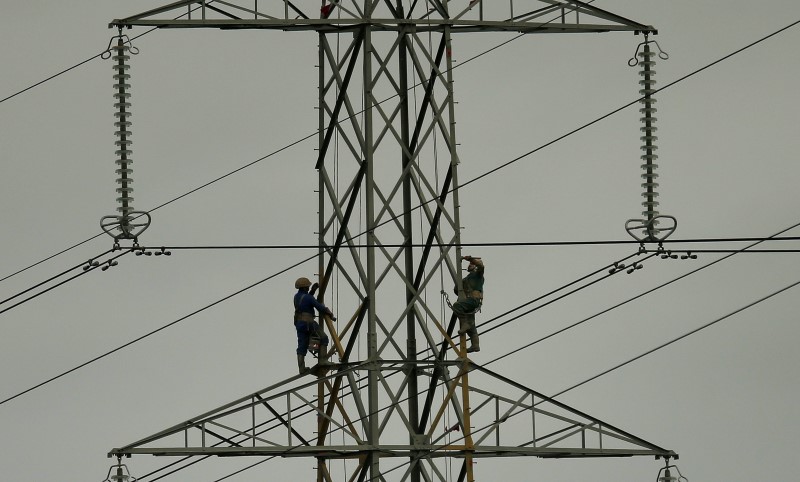LONDON (Reuters) - The growing use of electric vehicles could increase electricity peak demand by 3.5 gigawatts (GW) in Britain by 2030, National Grid (LON:NG) said on Thursday.
In its annual Future Energy Scenarios report, the grid operator said it saw a sharp rise in the number of electric vehicles, with sales expected to be more than 90 percent of all cars by mid-century.
As a result, electricity demand will increase, driven initially by electric vehicles and later on by heat demand as the pace picks up to decarbonise the heating sector.
Peak electricity demand could even rise by as much as 8 GW by 2030 without "smart charging" during off-peak hours and 18 GW by 2050, National Grid said.
Peak electricity demand in Britain is currently around 50-55 GW in winter.
The 18 GW increase in peak demand would happen in a world which is quite wealthy, where consumers would charge their vehicles at peak times, ignoring electricity tariffs that are cheaper during off-peak hours.
In a world where cutting greenhouse gas emissions is a top priority, shared driverless vehicles could potentially make up 50 percent of electric vehicles, National Grid said.
With vehicle sharing and off-peak charging patterns, demand might only rise by 6 GW by 2050, it added.
"The scenarios are not predictions but they aim to be a catalyst for debate, decision making and change, and provide transparency to the wider industry," said Marcus Stewart, head of energy insights at National Grid.

"This new era of network operation is exciting and manageable, but it's important there is investment in smart technologies and electricity infrastructure and a coordinated approach across the whole electricity system," he added.